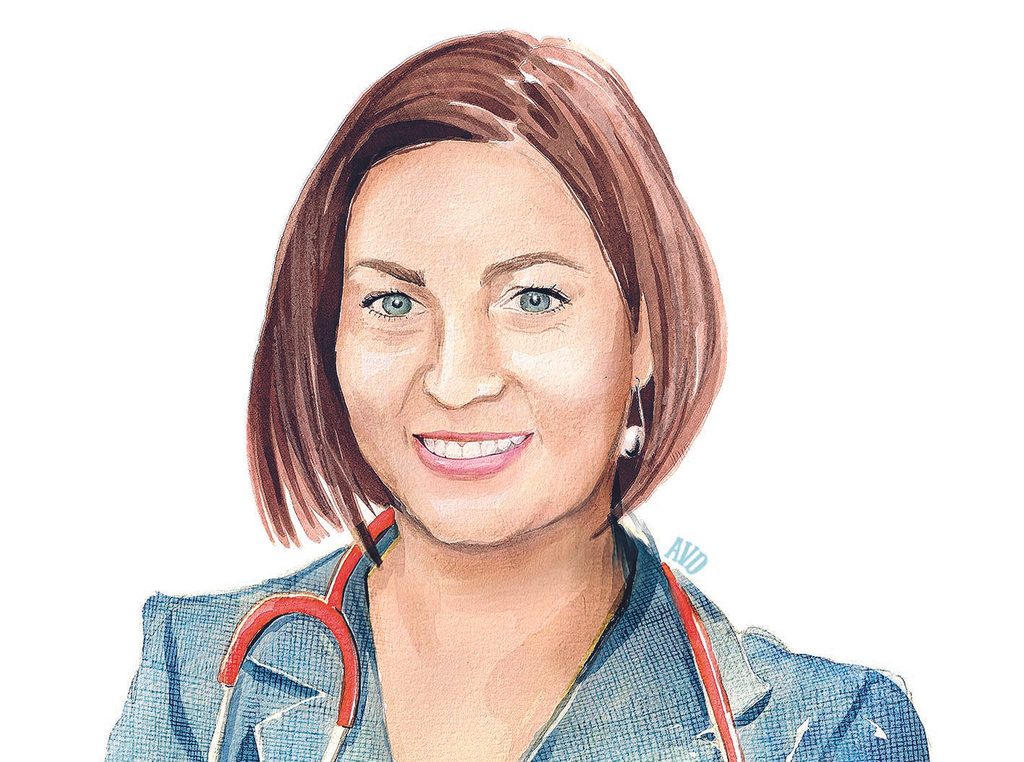Danielle Martin: The RD Interview

Doctor and activist Danielle Martin on going viral, helping patients and fixing our health care system. From an interview in 2016.
Reader’s Digest: You’ve been a family doctor since 2005. Then, in 2014, a video of you defending Canada’s medicare at a U.S. senate hearing went viral. You say that sparked your new book, Better Now. How?
Danielle Martin: Millions of people watched me battling it out with a Republican senator, and there was a massive influx of support from Canadians that made me realize how committed they are to our health care system. It gave me hope that we can actually make positive changes here.
You argue that too many Canadians still don’t get the medical treatment they need. What frustrates you the most?
It bothers me, as both a doctor and a patient, that two people with the same condition, in the same community, can have very different experiences. Sometimes it works well; other times it really doesn’t.
Your grandfather, who immigrated to Montreal from Cairo in 1951, died of arterial disease in 1966. His ill health devastated your family, and if he’d had access to medicare, he might have lived a long life. Is that why you became an activist?
He’s why I grew up in a household where we believed access to care should be based on need, not ability to pay. The idea that we all have an obligation to make things better for people was a reigning philosophy in my home, and a lot of that came from my mom – her early childhood experience shaped who I am.
Your mother must be proud.
When she’s not driven insane by me.
In the book, you describe many patients who’ve inspired you to fight for more equitable access to care. Does anyone stand out?
Ahmed, the taxi driver who can’t afford medicine to control his blood pressure and diabetes. One in 10 Canadians aren’t taking a drug they’ve been prescribed because of the cost. Modern medicine is powerful, but if people can’t afford it, it doesn’t do much good.
You offer up six recommendations to fix the system. Which one would have the biggest, most immediate impact for patients like Ahmed?
We pay way too much for prescription meds. If we brought the necessary ones under medicare, we could bargain for better prices. Short of paying for Ahmed’s pills, I can’t do anything to make his situation better on my own. The solution he needs can only be implemented through changes to public policy.
It must be disheartening to have patients you can’t help.
I can sit at home and be sad or I can do something. That’s what this book is about. I’m trying to start a national conversation about the concrete, achievable things we can do to make things better.
Can average Canadians take steps to improve the system?
To change policy, each citizen has to write a letter to their MP or raise the issues during election campaigns. But we can also have an impact by asking questions before agreeing to tests or procedures. As patients, we can say, “Hang on – are we sure this is actually going to improve my health?” Just by reducing unnecessary testing, we’d see an improvement in the system right away.
Better Now is available on Jan. 10.



